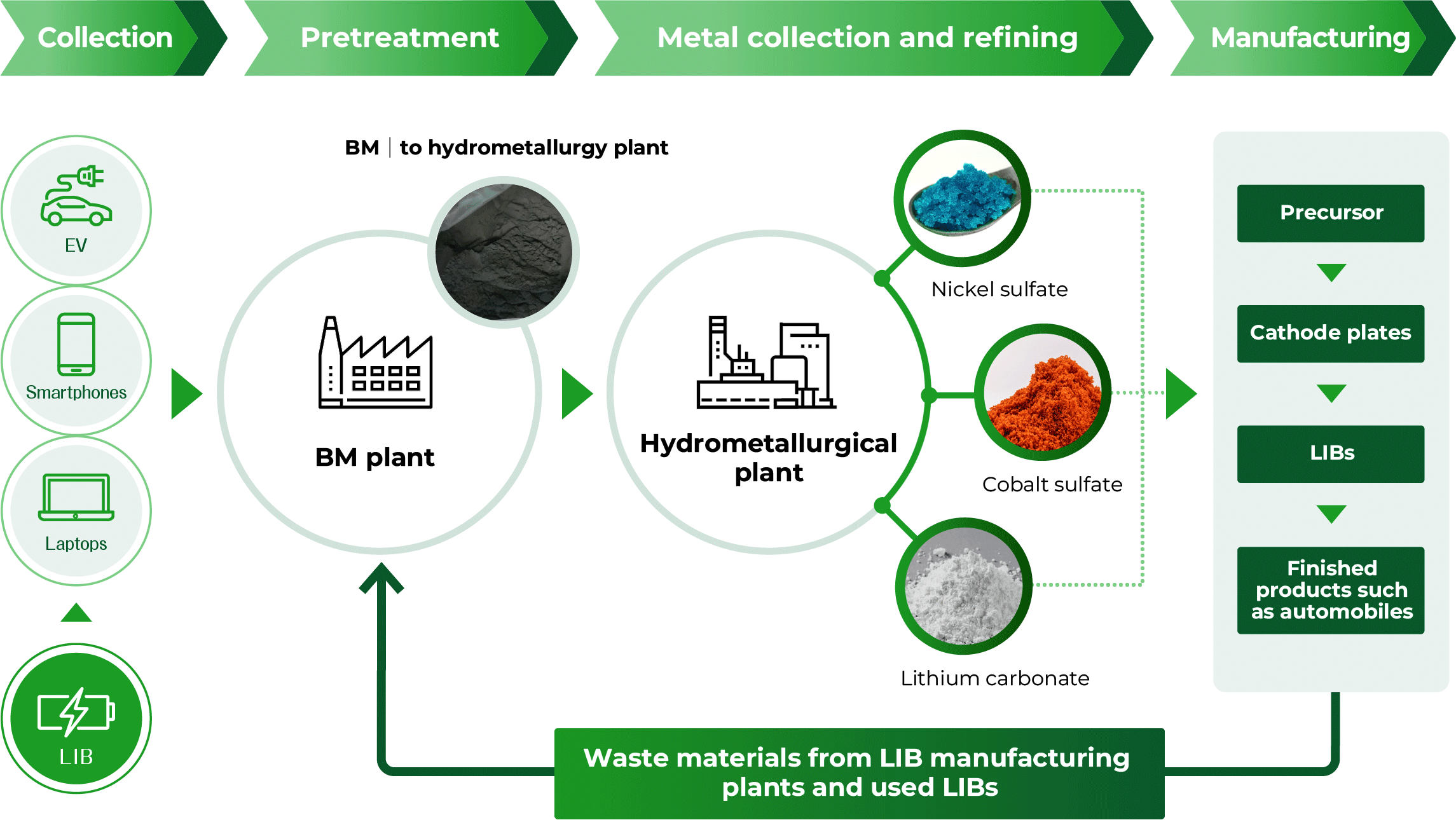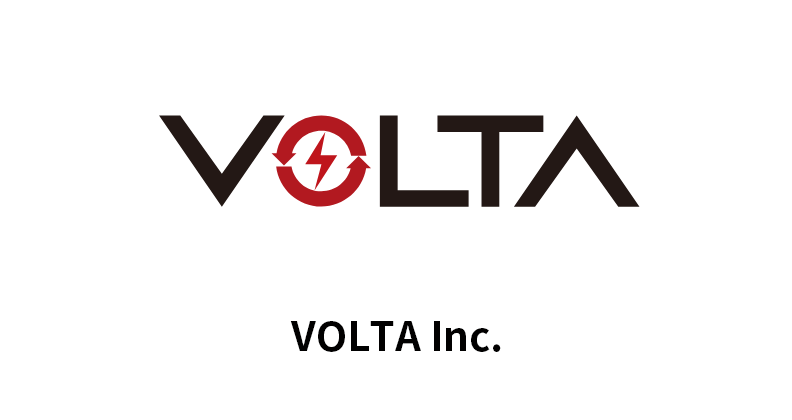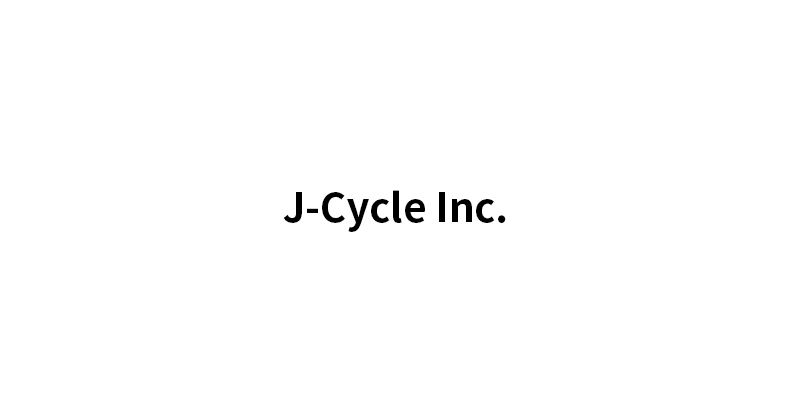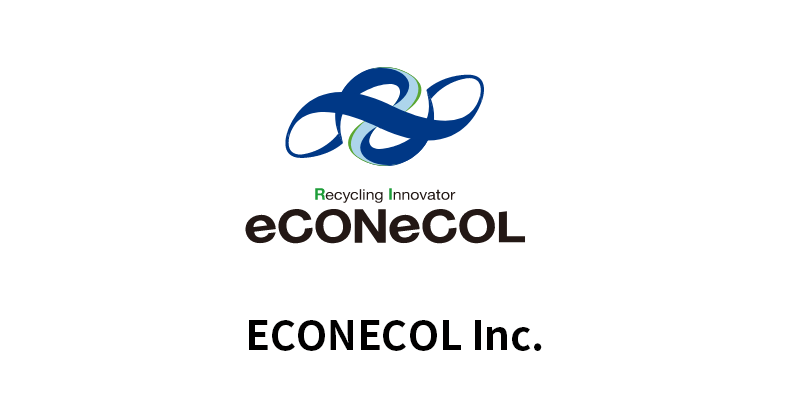Lithium-ion Battery Recycling
SERVICE
- Business Activities
- Lithium-ion Battery Recycling
What is lithium-ion battery recycling?
We are taking on the challenge of closed-loop recycling of lithium-ion batteries to meet the growing global demand for minor metals associated with the electrification of mobility and the widespread use of renewable energy.
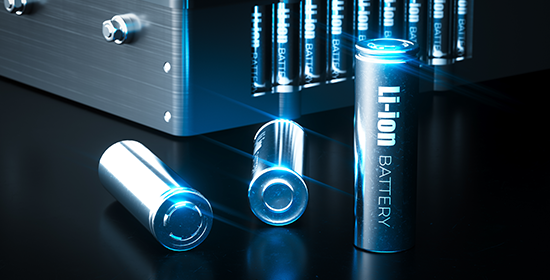
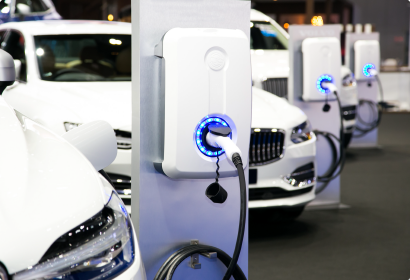
Social issues
Demand for lithium-ion batteries (LIBs) is expected to grow rapidly, as they are indispensable for the electrification of automobiles and the widespread use of renewable energy sources in order to achieve carbon neutrality by 2050. On the other hand, there are concerns about resource shortages of lithium, cobalt, nickel and other raw materials, and the realization of a "battery-to-battery" closed loop is a global challenge.
Target market
According to the outlook of the IEA (International Energy Agency), the demand for minor metals used in LIBs in 2040 is expected to be about 13 times greater for lithium and about 6 times greater for nickel and cobalt than in 2020. The domestic market for LIBs is also expected to grow by approximately 8.6 times from 2023 to 2040. In the short term, we will focus on LIB manufacturers' process waste as our main commercial material, while in the medium- to long-term, we will expand our business by targeting the increasing volume of LIBs generated, such as spent automotive storage batteries and energy storage systems.
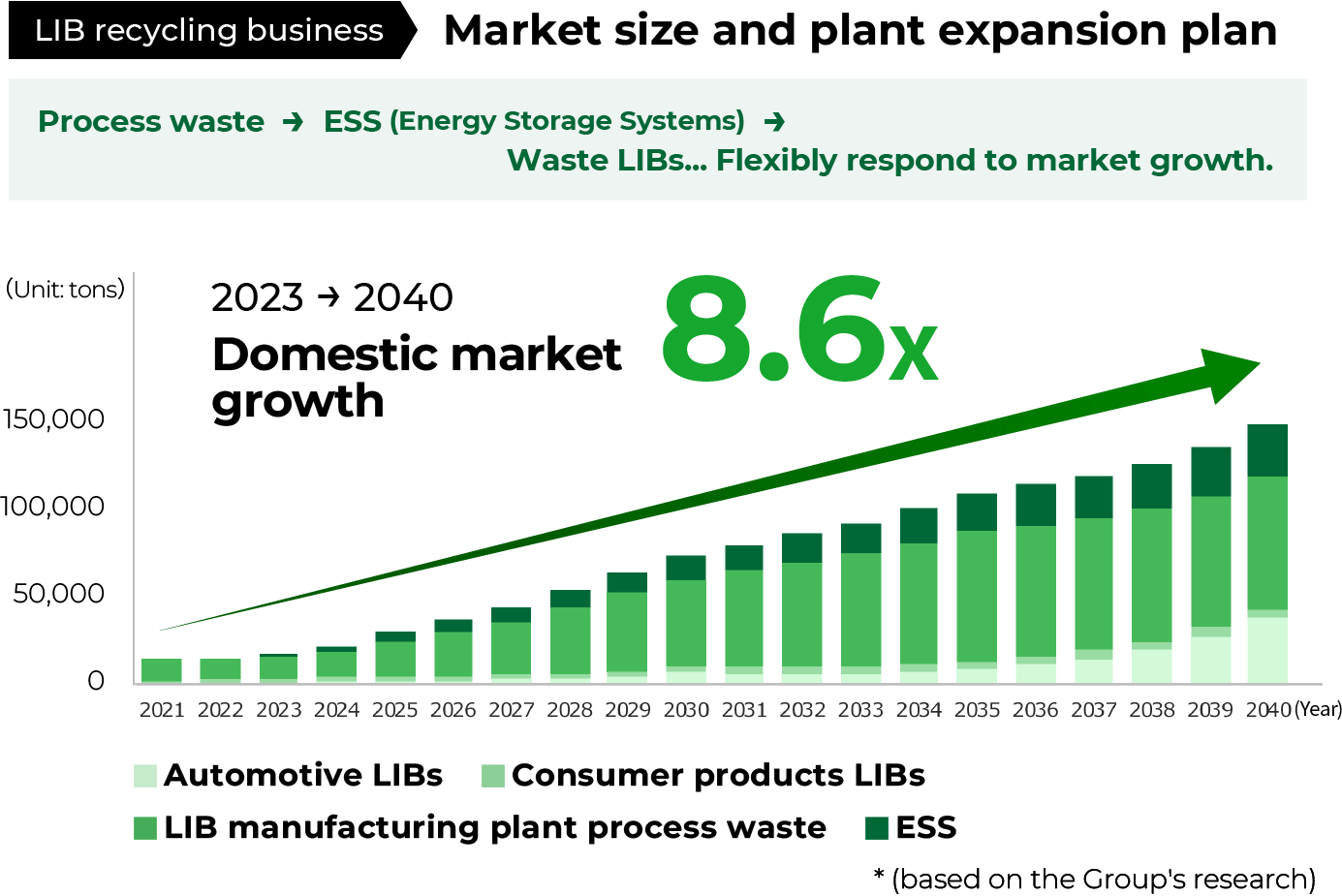
Business features
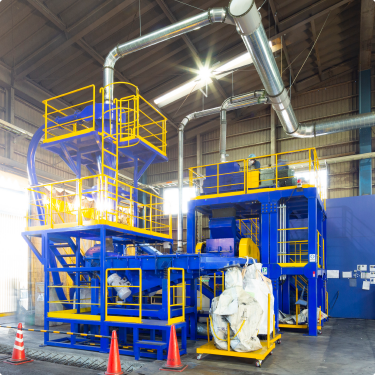
Establishment of a safe and highly efficient recycling process
VOLTA Inc. handles the recycling of various types of LIBs generated in the market. Utilizing the physical sorting technology developed by the Group, batteries and casings are dismantled and sorted. For the safety of the neighborhood and the surrounding environment, VOLTA strives to reduce toxic gases generated in the treatment process by heating and drying rather than incinerating and has introduced its own exhaust gas treatment system to purify the gases. Furthermore, in an effort to establish a responsible recycling process, we obtained R2 certification in February 2021.
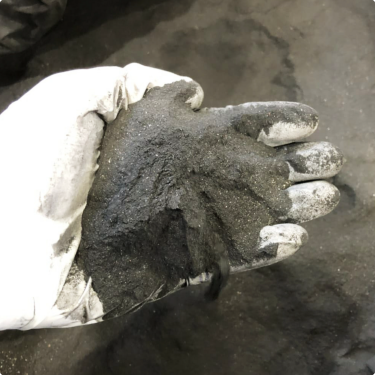
Production of black mass (BM*)
By discharging, drying, shredding and sorting LIB, we produce concentrated sludge containing cobalt and nickel, called BM, and recycle copper, aluminum and other metals. The high-quality metal resources collected by utilizing the know-how accumulated since our establishment are sold to smelters, etc. in Japan and overseas. The Envipro Group is also a member of RE100, and VOLTA is in the process of achieving 100% renewable energy in all processes except for the haulage trucks. This enables us to produce BM using low-carbon processes.
*BM (black mass): concentrated sludge of lithium, cobalt and nickel from discharged, dried, shredded and sorted lithium-ion batteries
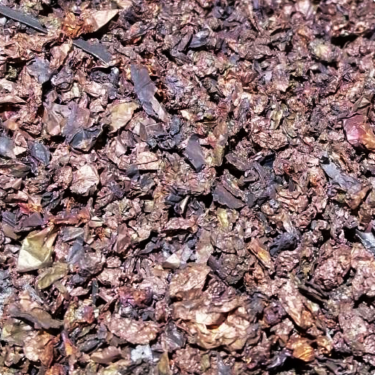
Recycling of electrode materials and casings other than batteries
We also produce black mass, copper and carbon from cathode and anode materials through efficient sorting methods. We also recycle the composite metal and plastic components of battery casings and accessories, utilizing the Group's know-how and technologies. We can accept and recycle not only individual batteries but also products with built-in batteries.
Service overview
LIB recycling process and target raw materials
VOLTA handles a wide variety of LIBs and recycles them in a safe manner.
LIB recycling business developed by VOLTA
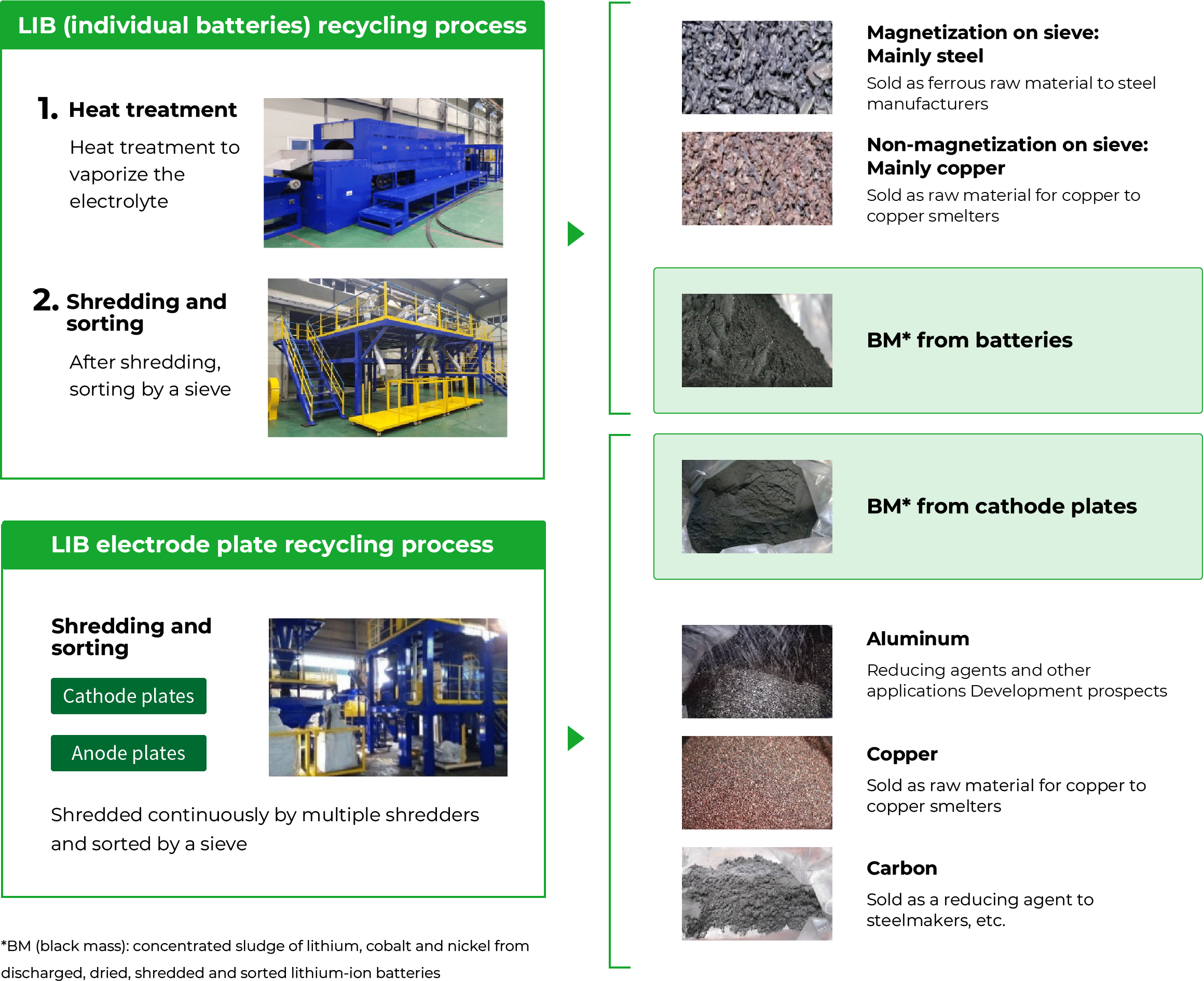
Recyclable raw materials
We handle two types of rechargeable batteries: lithium-ion batteries and nickel-metal hydride batteries.
| Process defective materials | Spent batteries | ||
|---|---|---|---|
| Type | Small | Large | |
| Defective cells Defective modules Cathode sludge Cathode plates Anode plates |
Square type 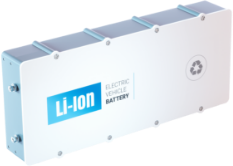 |
Used in small electronic devices such as cell phones and digital cameras. | Used in EVs, HVs, PHEVs, ESSs, etc. |
Laminate type 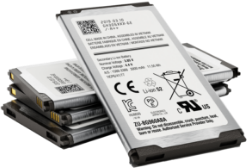 |
Used in smartphones, tablets, thin laptops, etc. | Used in EVs, HVs, ESSs, etc. | |
Cylinder type 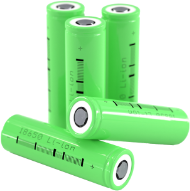 |
Widely used in laptops, power tools, EVs, etc. | Used in EVs, ESSs, etc. | |
Toward a Circular Economy
Toward a battery-to-battery closed loop
The collection of minor metals from BM by hydrometallurgy requires LIB processing capacity in tens of thousands of tons. The Group has set the achievement of 14,000 tons of LIB processing capacity as a mid-term management plan target through the fiscal year ended June 30, 2027. To achieve this goal, we aim to start operations at our Ibaraki plant in 2024, our Kansai plant in 2025 and our overseas plants in 2027. At the same time, as increasing LIB throughput, we are considering commercialization of BM smelting through alliances with partner companies. BM, which has been sold overseas, will be supplied to a domestic hydrometallurgical plant to produce nickel sulfate, cobalt sulfate and lithium carbonate, which will then be sold to precursor manufacturers, thereby realizing a battery-to-battery closed-loop circular economy.
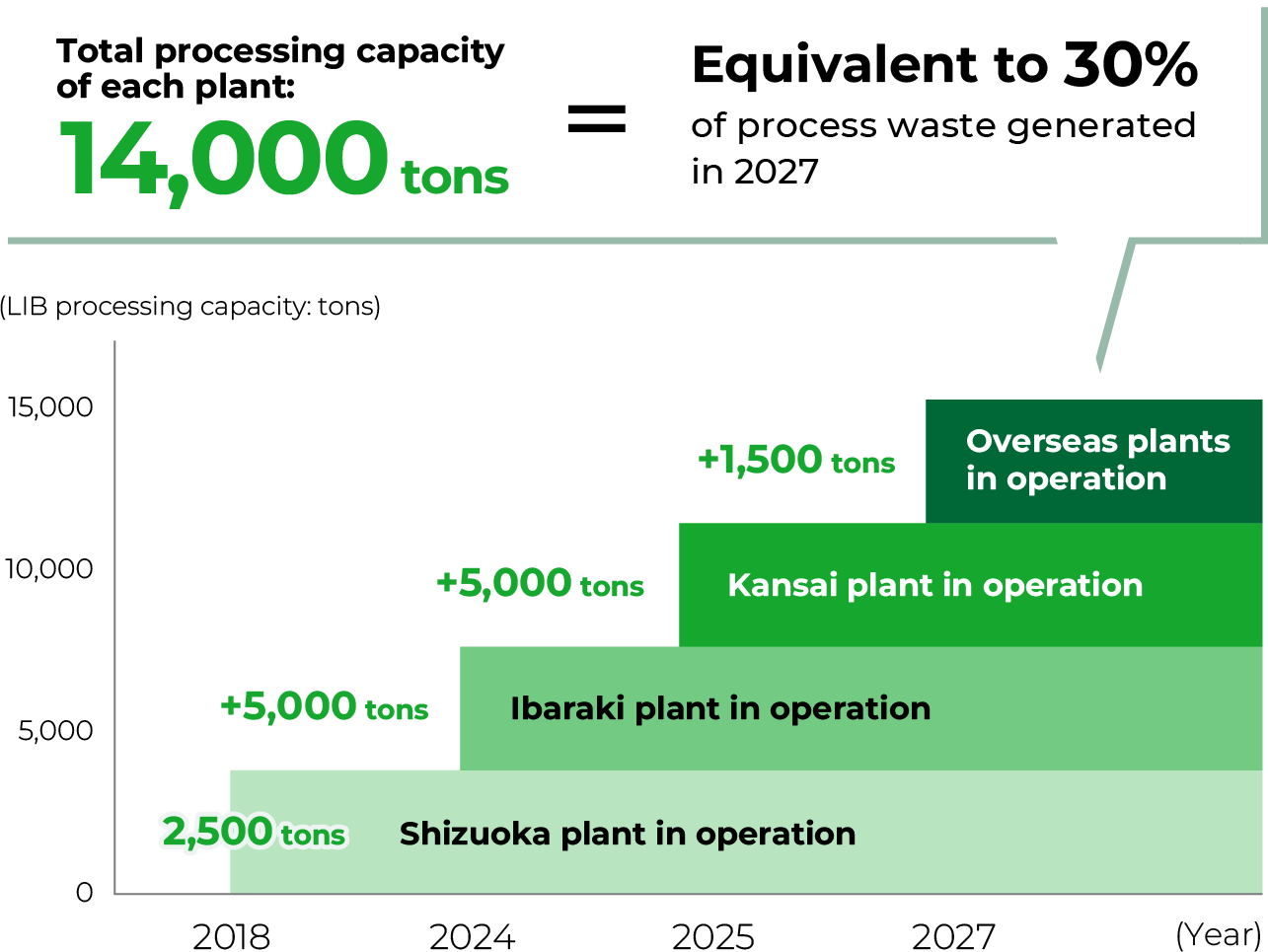
Formation of closed loop
